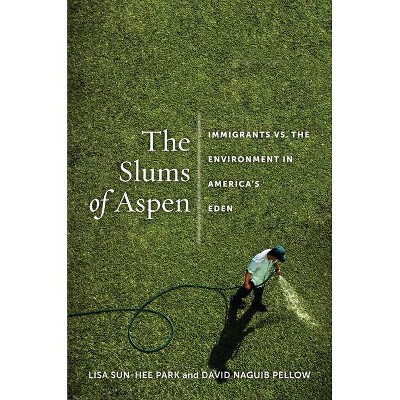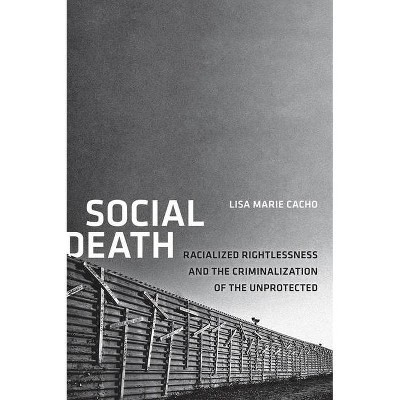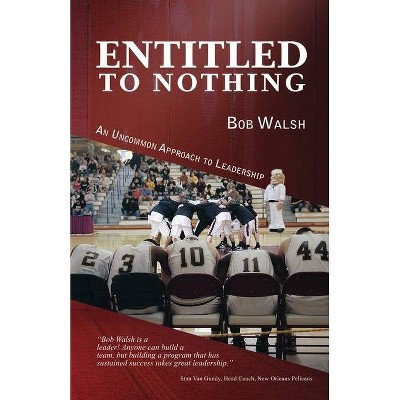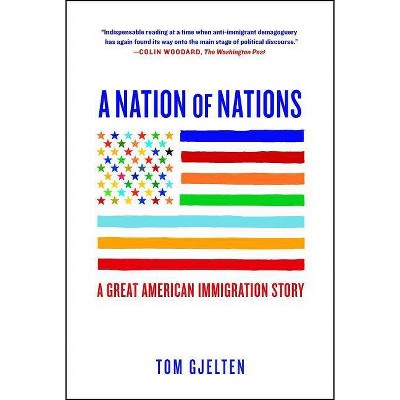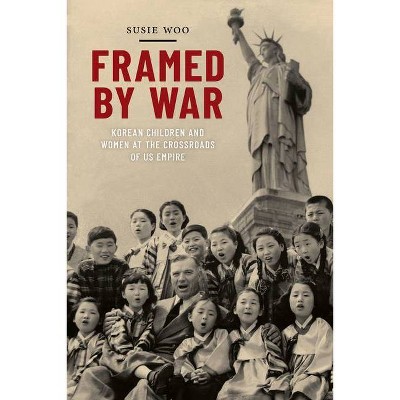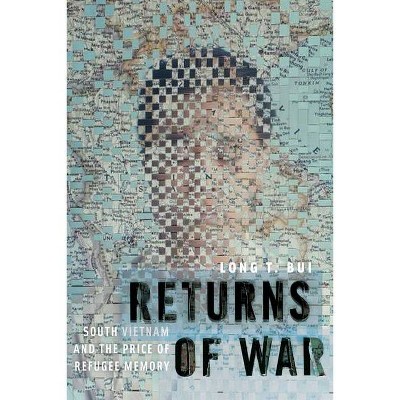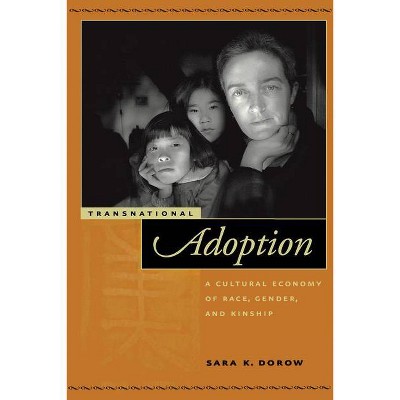Entitled to Nothing - (Nation of Nations) by Lisa Sun-Hee Park (Paperback)
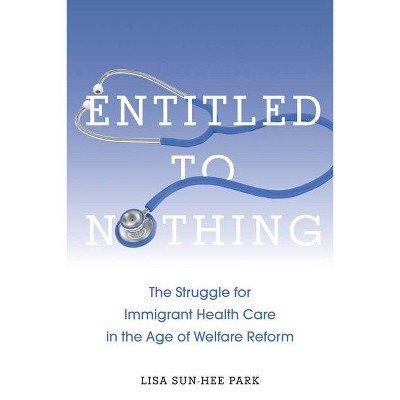
Similar Products
Products of same category from the store
AllProduct info
<p/><br></br><p><b> About the Book </b></p></br></br>"In Entitled to Nothing, Lisa Sun-Hee Park investigates how the politics of immigration, health care, and welfare are intertwined. Documenting the formal return of the immigrant as a "public charge," or a burden upon the State, the author shows how the concept has been revived as states adopt punitive policies targeting immigrants of color and require them to "pay back" benefits for which they are legally eligible during a time of intense debate regarding welfare reform.Park argues that the notions of "public charge" and "public burden" were reinvigorated in the 1990s to target immigrant women of reproductive age for deportation and as part of a larger project of "disciplining" immigrants. Drawing on nearly 200 interviews with immigrant organizations, government agencies and safety net providers, as well as careful tracking of policies and media coverage, Park provides vivid, first-person accounts of how struggles over the "public charge" doctrine unfolded on the ground, as well as its consequences for the immigrant community. Ultimately, she shows that the concept of "public charge" continues to lurk in the background, structuring our conception of who can legitimately access public programs and of the moral economy of work and citizenship in the U.S., and makes important policy suggestions for reforming our immigration system"--<p/><br></br><p><b> Book Synopsis </b></p></br></br>In Entitled to Nothing, Lisa Sun-Hee Park investigates how the politics of immigration, health care, and welfare are intertwined. Documenting the formal return of the immigrant as a "public charge," or a burden upon the State, the author shows how the concept has been revived as states adopt punitive policies targeting immigrants of color and require them to "pay back" benefits for which they are legally eligible during a time of intense debate regarding welfare reform. <br /><br />Park argues that the notions of "public charge" and "public burden" were reinvigorated in the 1990s to target immigrant women of reproductive age for deportation and as part of a larger project of "disciplining" immigrants. Drawing on nearly 200 interviews with immigrant organizations, government agencies and safety net providers, as well as careful tracking of policies and media coverage, Park provides vivid, first-person accounts of how struggles over the "public charge" doctrine unfolded on the ground, as well as its consequences for the immigrant community. Ultimately, she shows that the concept of "public charge" continues to lurk in the background, structuring our conception of who can legitimately access public programs and of the moral economy of work and citizenship in the U.S., and makes important policy suggestions for reforming our immigration system.<p/><br></br><p><b> Review Quotes </b></p></br></br><br>Informative and interesting...the book could not be timelier.--Marylin Aguirre-Molina "Health Affairs"<br><br>Recommended [for] all levels/libraries.-- "CHOICE"<br>
Price History
Price Archive shows prices from various stores, lets you see history and find the cheapest. There is no actual sale on the website. For all support, inquiry and suggestion messages communication@pricearchive.us
